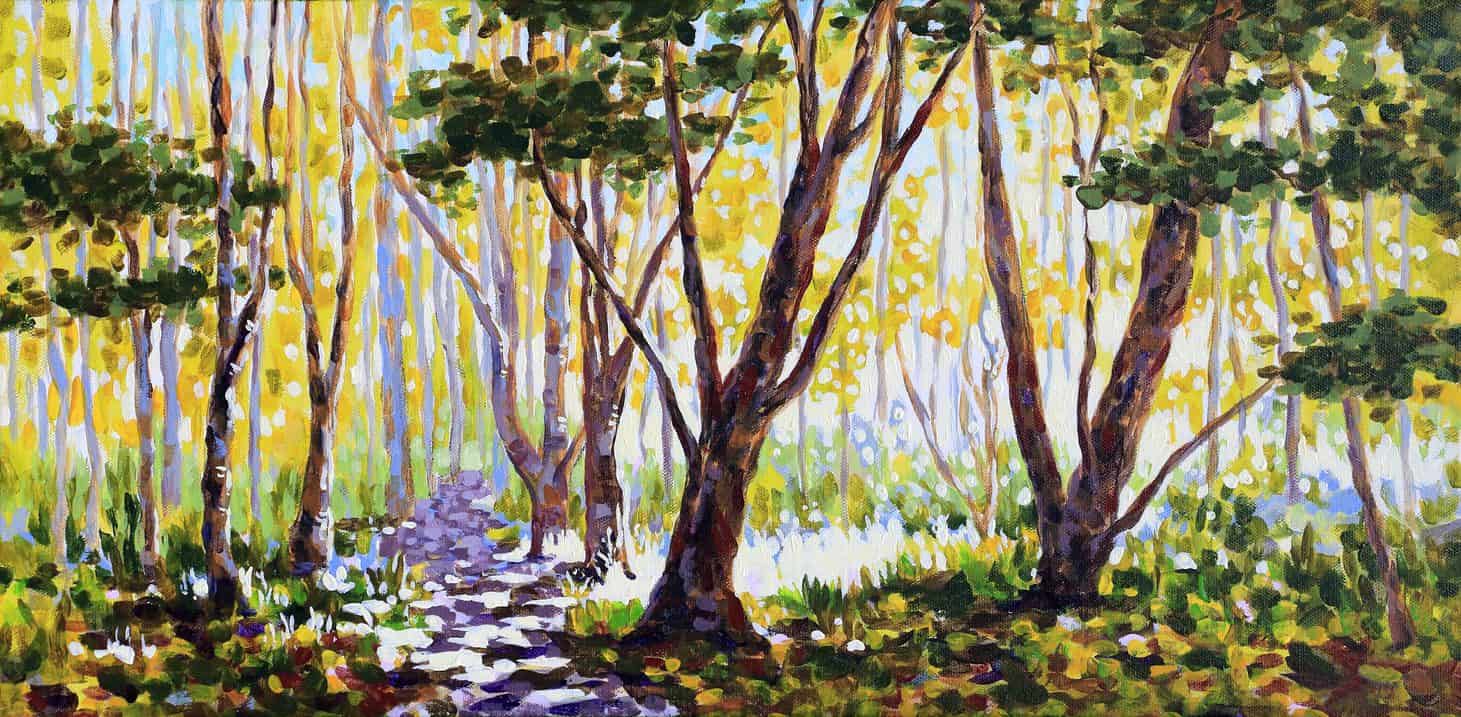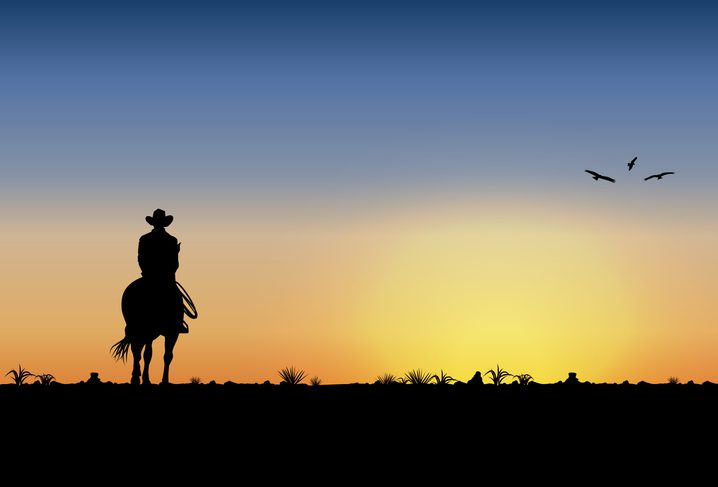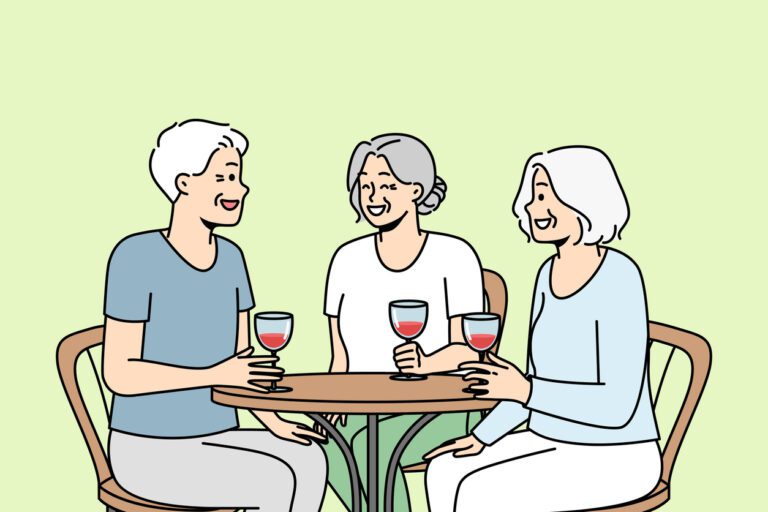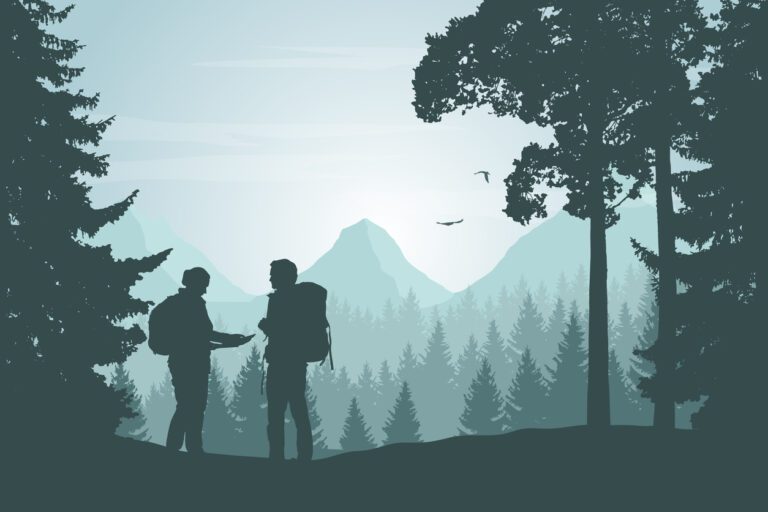There are things that you magically forget when you leave the door of your home. Inside jokes that are too difficult to explain, family issues that are too awkward to talk about, bad habits that you prefer to hide. The moment you’re out the door, you switch – you filter out what you can’t use. I didn’t realise, until recently, how much, though, was off-limits when I was outside. Movies that defined my childhood, but had cheesy plots, music that had sounds that people might have thought were funny, foods that no-one’s heard of. Thoughts playing in the back of your mind that you ignored, because it would be nice if they didn’t exist.
When I hold out my arm, I notice the thick black hair covering it, look at the overlapping arches of each strand and am reminded of those images under a microscope. You know, the ones where each strand of hair looks like a tree trunk and there are bugs with misshapen orifices crawling between them.
Sometimes I’ll amble over to where my parents are sitting in the living room to see what they are watching on TV. I can’t remember very clearly, but one time, there was a documentary about apes. Chimpanzees, maybe? My mum pointed at the screen with a wry smile and said, “Look, it’s your ancestors.”
When I was in high school, there was a teacher who had a last name that I suppose other people found rather challenging. When I mentioned her though, I figured I would say her name correctly, since I knew how to. Maybe a couple of other people would learn? When I tried it, my friend responded, “Oh, you use the weird name.”
Come to think of it, when I look at my name on paper, sometimes it does look a little strange. A weird name. You can see how it doesn’t fit in with the words around it; it doesn’t look like English. You see the combination of letters and think, “I have no clue how to say that.”
If I were a Renee, or a Tanya, the reaction would be different. You would already begin to imagine that person’s face in your head. A name is a word with meaning; there’s a person behind it, it’s not just a cluster of letters. But with my name, the more you look at it, the more it’s just an ink splatter on the page.
I know, because I think the same thing when I see a name that I haven’t heard before.
Maybe I should get another name that’s easier to pronounce? It seems so much easier than trying to explain my name over and over.
I could try something that sounds similar to my ‘real’ name so I don’t feel like I’m completely abandoning my roots. When I suggested it to my friends some of them sort of winced. I guess they were already used to my name, even if it was a little weird for them.
My parents always spoke of their birth country with such fondness; they would mention a new detail every time, and I painted a picture in my mind full of lush colours. Fresh food, a town that was one large family; a simple, fulfilling life. When I was younger, I was so desperate to go and see it for myself. I think, in the back of my mind, I had some delusion that that must have been my real home.
One time, an uncle brought back a video that showed my Dad’s hometown, and when I saw it, I remember thinking that there was something wrong with it.
It was the trees. They looked different to what I was used to. They didn’t have tall trunks of pale bark. They didn’t have narrow, grey-green leaves that shimmered gold in the morning sun. But my parents – they looked so homesick.
It made me sad to think that perhaps they weren’t happy where they were.
But, at least, there was that one time when I went to Europe with my family. Mum was homesick for Australia, for once. I was glad. For once, my parent’s concept of home was the same as mine.
I love so much of Melbourne: Christmas time. Mum and I sometimes go on walks. Even at night, there is no need to change clothes.
Because it’s warm.
It smells of barbecue smoke, the air is filled with the sound of families and Christmas parties. My Mum and I walk around the street and she points out the houses with the best displays of Christmas lights.
The gatherings that our family holds – I mean we don’t celebrate Christmas, but hey, it’s a public holiday. I get to see the cousins’ kids playing and the old dog lying on the porch.
A winter night on the town. My friends and I are all bundled up in our thickest coats, and the wind is roaring like a mad thing. Hot food in our stomachs, and I look up at the buildings – they’re decorated with tiny twinkling windows. I don’t feel strange. I don’t feel other. I’m just another person in the crowd. I know the old-fashioned architecture, the statues and the roads, and I feel as if I belong.
The cheers of Boxing Day cricket, the rise and fall. Me sitting on the couch, knees drawn up to my chin, chewing on my lip as the anticipation and the adrenaline emanates through the screen.
Milk bar lollies that only cost 50 cents, reruns of old kids’ TV shows, cockatoos babbling in the tallest tree of the backyard.
I love where I am. So, so much.
At home, most of the time, I eat with my hands. Sometimes, when I’m at a restaurant, and I’m fumbling with a knife and fork, or chopsticks, I feel like I need to explain myself, and so I say, “I eat with my hands at home.” And then I tell them that, no, I don’t shovel fistfuls of food into my mouth like a cavewoman. That’s what I imagine them thinking.
When a girl gets her period, their family holds a celebration. I had one too. I wore a saree for the first time, I had my face painted, and my family booked a hall for all my relatives and we had caterers. Afterwards, when I told my friends about it, I instinctively explained it like it was something funny. It got a lot of laughs and incredulity, and sometimes discomfort.
At some point, I started to gleefully cling onto patriotic things. I would sing loud for the national anthem, broadening my vowels, and saying “mate”. When did I start feeling guilty for being afraid of spiders, for not paying attention to the footy, for not being able to say, ‘G’day’? These are all such trivialities. It doesn’t matter whether or not I care about any of these things. Even looking at my parents, there’s a difference in my accent, in the way that I talk, in the foods that I eat and the movies that I like. It’s clear that I am Australian. I just naturally belong here. I don’t need to force myself into a stereotype.
Right?
Every now and then I’ll amble over to the living room where my parents are sitting watching TV, peek through the door. There’ll be a beggar woman, or a hungry child, a squatting toilet, or a dusty alley scattered with litter; there are quite a few Indian movies about poverty, I guess. My mum would make a face of disgust, point, and say, “Look, it’s your ancestors.”
I never liked taking photos. In my friendship group, I was one of the few girls with darker skin.
Do you remember that face swap app? It was a pretty big fad for a while. I remember doing it with everyone. One of my friends – she had light skin – tried it with me, and, interestingly enough, something went wrong. Instead of our facial features changing, the only thing that seemed to change was my skin colour. I looked like a white person. And I remember thinking that I looked so much prettier.
When my friends and I take a photo, all lined up together, I automatically move to one side and move to the back row. The lighting won’t capture my face properly anyway, so it might be better if it’s obscured.
Afterwards I’d tell myself that I’m allowed to be there. Occasionally it occurs to me that I might have overstepped my boundaries. I’m the only one who looks out of place. I shouldn’t have been in the photo at all. Sometimes I can’t stand looking at the photo results. I would see the other girls’ fair, radiant faces smiling in the photo back at me, see my own grinning, ape face and cringe.
Once, I was out with a friend at a store. I held out my hand to receive change from the cashier. She avoided my hands, put the coins on the table and slid them towards me.
It was a custom, I think. Better hygiene. I only realised later. Oh, that’s smart, I never would have thought of such a custom. I wonder, did that pretty, fair-skinned makeup store cashier look at me and see a chimpanzee?
Once, there was a time where someone approached me – out of the blue – to apologise. Apparently while we happened to be in the same room, she had just opened her home-made lunchbox. I, without noticing she was there, had said, “What’s that smell?”
She said it while laughing, and I wondered – why was she the one apologising?
I didn’t apologise at the time, because I didn’t want to make a big deal out of it and make her feel uncomfortable, but I’ll write it down here.
I’m sorry. I bet it tasted great.
I’ve done some pretty shameful things.
Like that time I was stuck taking shelter from the rain under a veranda, and I pulled my purse closer when some boys came in to take shelter as well. The boys were black.
Look, it’s your ancestors.
I hope they never saw me clutch my purse. I hope they never knew how I thought. But they probably did. I should understand – at least a little – what that sort of unspoken hostility and discomfort feels like. I think I know what sort of feeling they would have felt, that ache that you push down and say is nothing, because it had to be nothing.
Did those boys feel the way that I felt when that cashier avoided my hands? The way I felt at that moment? Probably worse, now that I think about it.
Sometimes, I feel so filthy.
The thought keeps replaying in the back of my mind. Filthy. Sometimes it brings tears to my eyes, because it feels so true. I’m disgusting. There’s hair that covers my arms, my legs, my face, teeming with microscopic bugs, maybe there’s food crumbs stuck in my nails after I use my hands to eat, and maybe when people look at me, they notice that my skin is the colour of shit.
But you can’t dwell on it. Because you can’t change the fact that this is your home.
I have a lot to apologise for. All of the times where I didn’t think about how others would feel. For judging the way a person’s food smelled, for being afraid of some boys taking shelter from the rain. Apologies don’t always make things better, but I apologise, anyway.
I apologise to you. I hope you’ll forgive me.
For all of the times I direct disgust towards myself. For all the times I’ve told myself my heritage is gross, that my face is ugly. I apologise to myself. And I forgive myself, too. I’ll just have to do better next time.
Leave everything else at the door.
By the time I’m out the door, I’ve already forgotten. There’s a day ahead of me. The leaves of the eucalyptus trees are glistening gold in the sunlight. The smell of a summer Christmas is already here.
Author: Tharani Ranganathan
Tharani is a post-graduate university student, born and raised in suburban Melbourne. With an interest in publishing and editing, she is currently undertaking studies at Melbourne University. Tharani has an unfailing passion for creative writing, especially writing that involves fantasy politics or science fiction. Recently, she has also been interested in telling stories that relate to her cultural heritage. Her background is Sri Lankan Tamil; in terms of mythology, sociocultural dynamics and history, there is a plethora of cultural topics which she has only just begun to explore.







